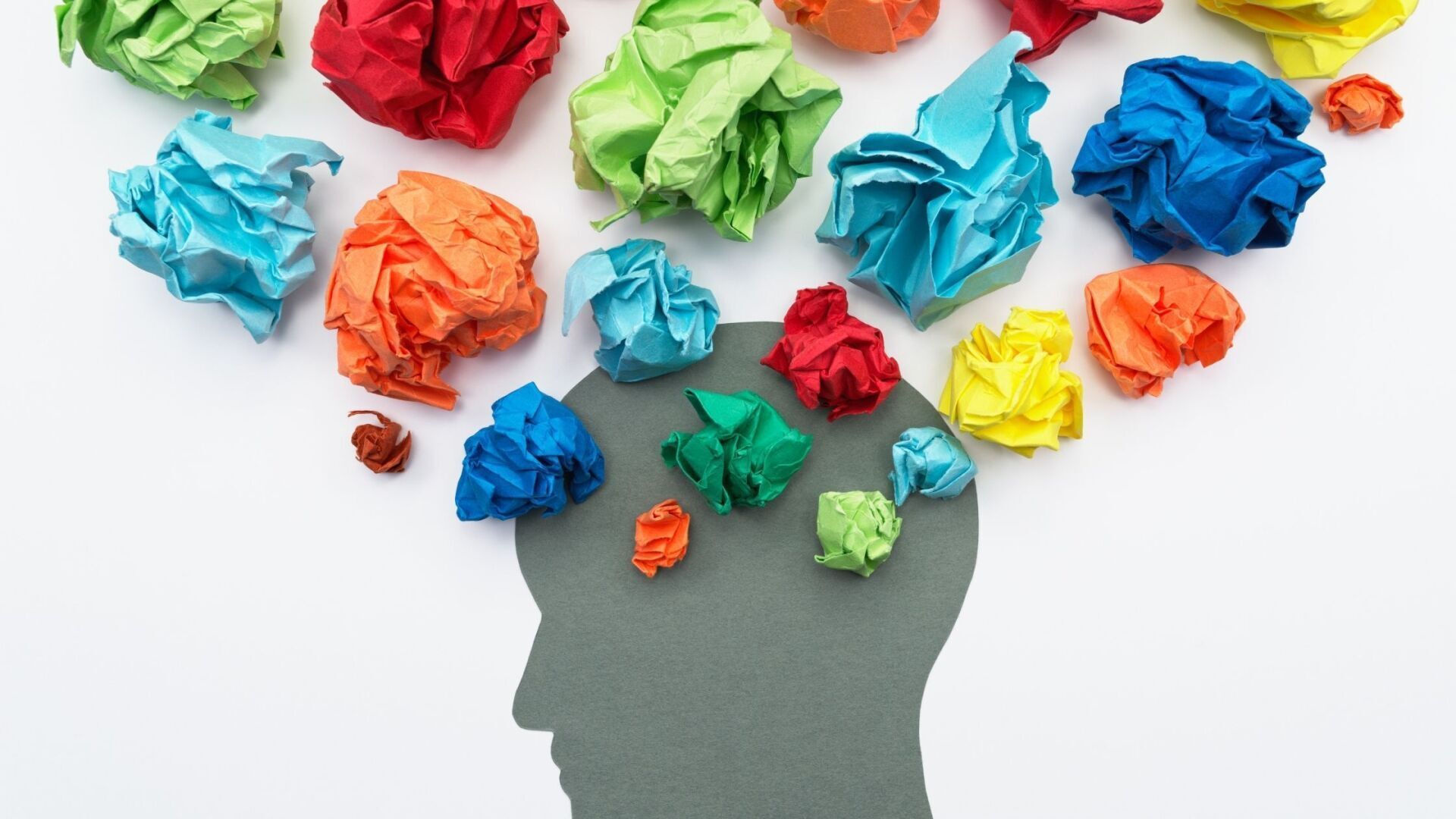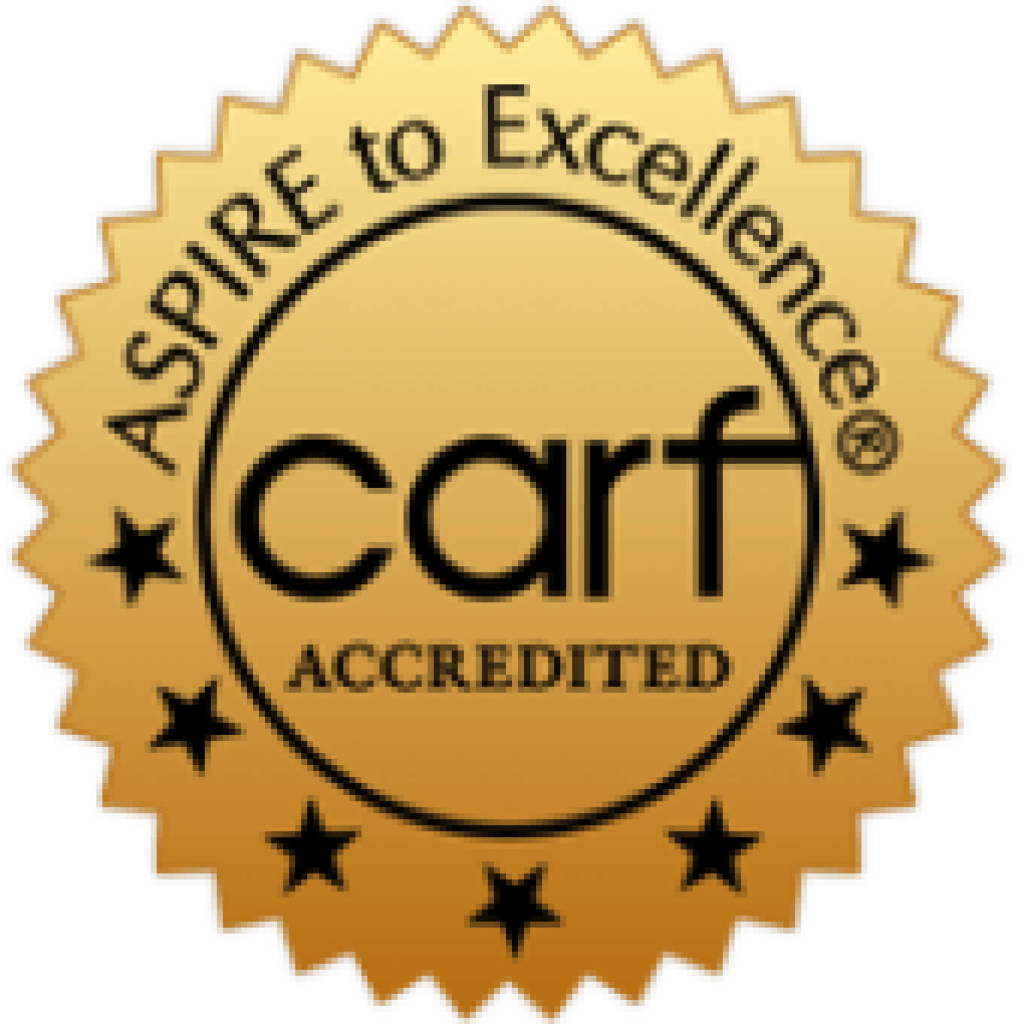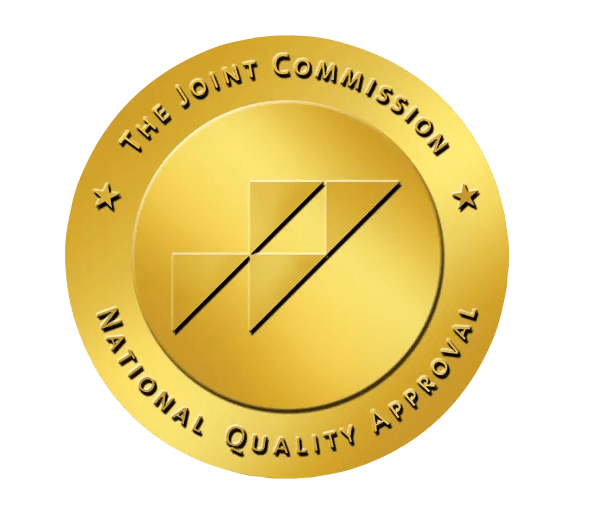What Is Addiction Transference?
Addiction Transference: What It Is and How to Deal With It
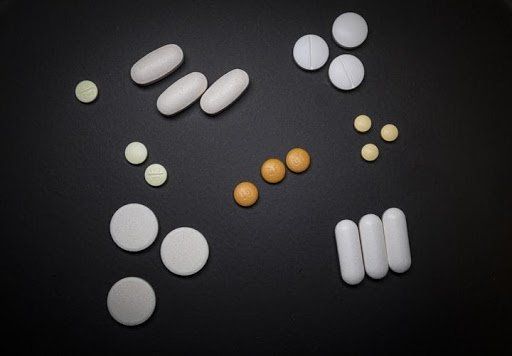
Addiction transference, also known as cross-addiction, refers to an individual having an addiction to two or more substances or compulsive behaviors.
This includes drug and alcohol abuse, but also extends to other types of addiction, such as gambling, video games, food, and sex.
Cross-addictions can be devastating and can affect those who have recently gotten sober as well as individuals who have been sober for many years.
Read on to learn more about addiction transference, what it involves, why it occurs, and how to treat it.
ALSO READ: How to Cope With Anxiety During Recovery→
What Do Cross-Addictions Entail?
Addiction transference can happen at any stage, and two addictions do not necessarily happen at the same time.
Even individuals with years of sobriety under their belts can develop addictions to other substances or compulsive behaviors.
This happens because the behaviors they engage in (drinking, gambling, etc.) trigger the brain’s reward center and release dopamine. When these behaviors become compulsive, the individual can get addicted.
What Causes Addiction Transference?
There are many reasons for addiction transference.
While these vary for every individual, we have discussed some of the major reasons here.
Compensation
When an individual is newly sober, they are usually uncomfortable and just beginning to get used to their new routine and life.
They may compensate for this by engaging in other addictive behaviors. For example, a former drug addict may begin to gamble, which triggers a dopamine reward in their brain.
They may continue to do this until a new addiction is formed.
Lack of Awareness
Often, individuals simply aren’t aware of what cross-addiction is or that addiction transfer is even possible.
While they may understand that they are addicted to alcohol, they don’t have the insight to see they may also be addicted to another compulsive behavior or substance.
Because of this, it is essential to make sure that those with a history of addiction are properly educated about the risks of cross-addiction.
Accidents
Cross-addictions can also happen by accident.
For example, if someone with a history of addiction (such as an alcoholic or gambling addict) has an accident and is prescribed pain medication, they’re more likely to develop an addiction to it than those with no history of addiction.
This is commonly seen with opioid painkillers and drugs like benzodiazepines.
Unresloved Mental Health Issues
Yet another reason that addiction transference takes place is because of unresolved mental health issues.
Those with multiple mental illnesses, i.e., dual diagnoses, may be dealing with anxiety, depression, trauma, or other issues.
These individuals may turn to drugs, alcohol, or other substances to cope with other mental health issues.
Treating Addiction Transference
Addiction is a chronic illness and requires long-term treatment.
Treating addiction transference involves professional help and an evidence-based treatment program. Unless underlying emotions and mental health struggles are addressed, the cycle of addiction transference can keep continuing.
At Pathways Recovery Centers, you can find dually-licensed therapists who can address underlying issues and design treatment plans suited to your needs.
While addiction recovery is difficult, it is possible, especially with the help of experts and appropriate treatment.
Reputable addiction recovery centers like Pathways Recovery Centers can help you overcome addiction and achieve sobriety.
Call our certified professionals to learn about the right treatment program for you. We offer everything from inpatient rehab to outpatient programs and 24/7 medically monitored detoxification.
